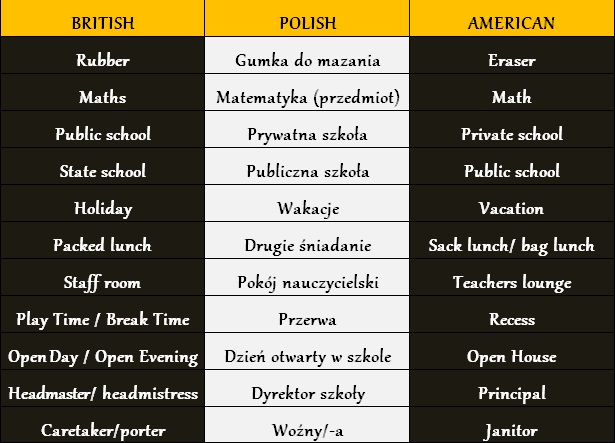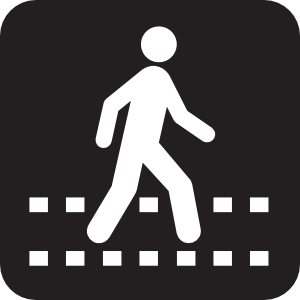Witam ponownie,
tym razem prezentuję Wam nową dawkę trios. Miłej zabawy.
Pamiętajcie, jedno identyczne słówko musi pasować do wszystkich trzech zdań!!!
Oto przykładowy zestaw:
1. The death of your rabbit is a WEAK excuse for not turning up at the ceremony. Tell me another.
2. Don’t put anything heavy on top. The structure is too WEAK to support it.
3. World leaders are worrying that the WEAK economy may further destabilize the volatile situation in the country.
ANSWER: WEAK
1)
1. Finally, they have decided to file a civil ………………………………… against the corporation. The first hearing is due next week.
2. White doesn’t ……………………………… me. I prefer dark colours like brown and black.
3. If you asked me to arrive at 7, it would ………………………………… me fine.
ANSWER: …………………………………
2)
1. The lastest evidence doesn’t ………………………………… the initial assumptions. We need to change the way we’ve thought about the process.
2. I’m really grateful to you for your affection and ………………………………… . I received throughout the recovery.
3. Chris had to work hard as he had a wife and three children to ………………………………… .
ANSWER: …………………………………
3)
1. The ………………………………… , though not especially sophisticated, smelled so great that it made his mouth water.
2. ‘Which is his window?’ ‘Look over there. It’s the one with a satellite ………………………………… attached to the wall.’
3. A couple of volunteers turned up at the centre to ………………………………… out food to the needy.
ANSWER: …………………………………
4)
1. Each time he grinned showing the girl his ………………………………… teeth, she became more and more convinced that she didn’t want to spend her days looking after an actoogenarian.
2. She bought herself a dog which gave her a ………………………………… sense of security. It was small and couldn’t bark loudly.
3. One ………………………………… move and you’ll be pushing up the daises. So stay where you are.
ANSWER: …………………………………
5)
1. I didn’t know about her problems. They never came to my ………………………………… .
2. The ………………………………… on the wall of the building said ‘No entry’.
3. It is next to impossible to organize relief at such short ………………………………… . We need some more time to make it work.
ANSWER: …………………………………
6)
1. I’ll never let you get away with it. You can be sure one day you’ll ………………………………… for all your crooked ways.
2. Where are your manners? Don’t ………………………………… me back, you rude boy.
3. Can you ………………………………… the door? I’m having a shower.
ANSWER: …………………………………
7)
1. In small villages news travels fast. It is spread by word of ………………………………… .
2. The refugee camp was built near the ………………………………… of the river to make relief work more efficient.
3. The bad smell that was coming from his ………………………………… put off all the girls in our class.
ANSWER: …………………………………
8)
1. With the arrival of the storm, almost all the telephone lines went ………………………………… .
2. They all agreed that the plan was a ………………………………… duck and chose to abandon it.
3. The patient was pronounced ………………………………… on arrival. The funeral was scheduled two days later.
ANSWER: …………………………………
9)
1. The house on the outskirts of the town was in a sorry ………………………………… . It desperately needed renovating.
2. For years the two neighbouring countries were in a ………………………………… of war.
3. Those who came to the airport were able to see a few heads of ………………………………… coming out of the plane to the accompaniment of the orchestra.
ANSWER: …………………………………
10)
1. When in the pub, Frank usually ………………………………… up attractive girls sitting at the tables which makes his wife see red.
2. I’m sorry I’m so busy at the moment. I’m up to my ………………………………… in work.
3. You’ve got to be very careful doing business with that Russian. He’s a bit fishy. I advise you to have ………………………………… in the back of your head.
ANSWER: …………………………………
Jeśli zrobiliście już zadanie, tutaj możecie porównać swoje odpowiedzi:
TRIOS_CZ.2
źródło: 1000 Trios, Krzysztof Kijan, wyd. Handybooks, Poznań, 2006
Pozdrawiam,
K.




